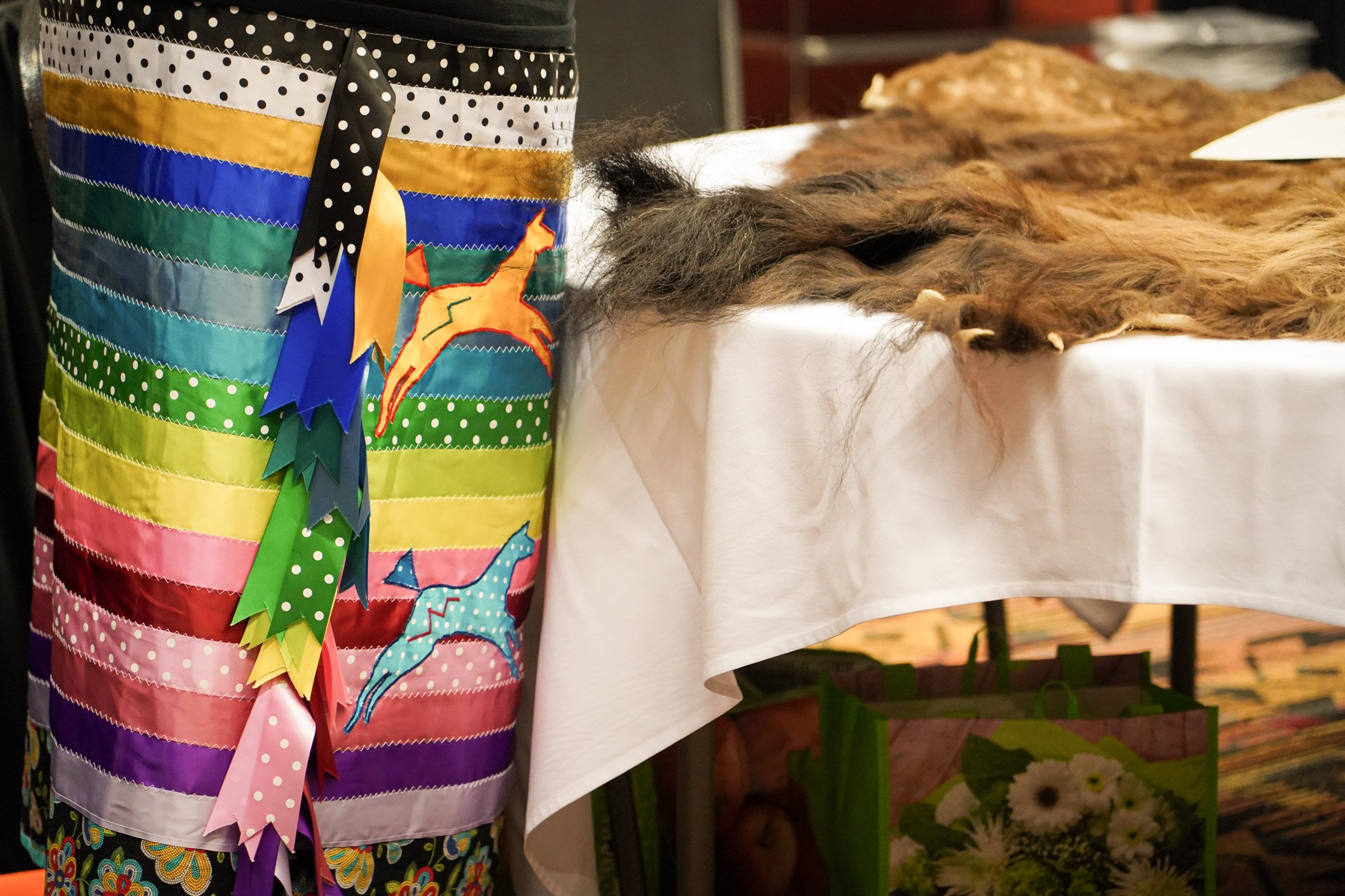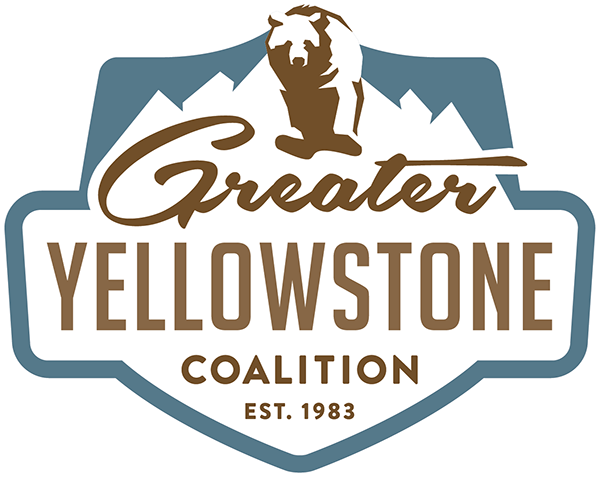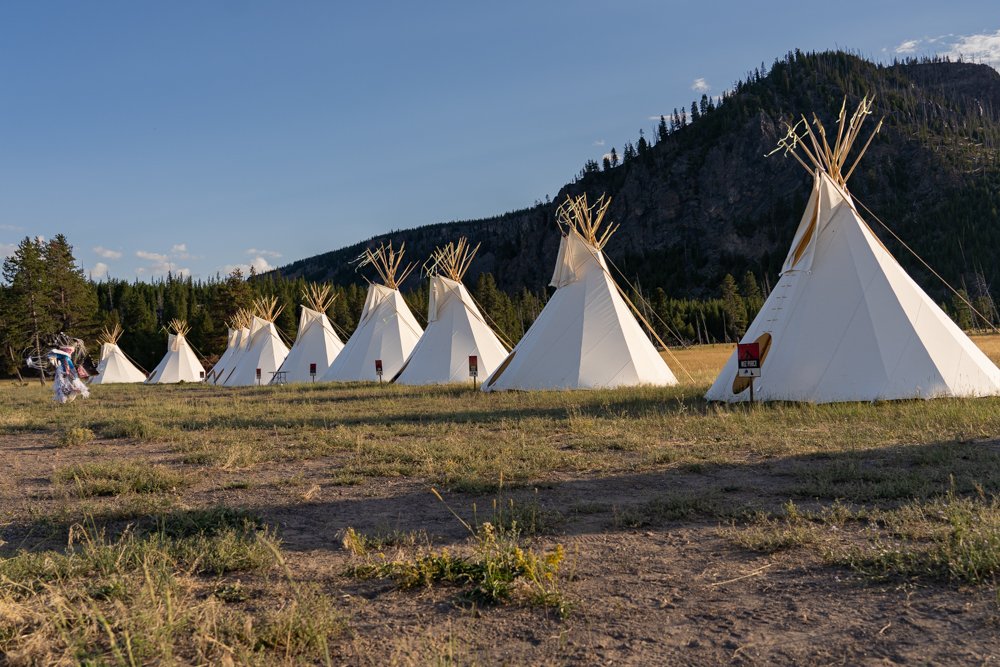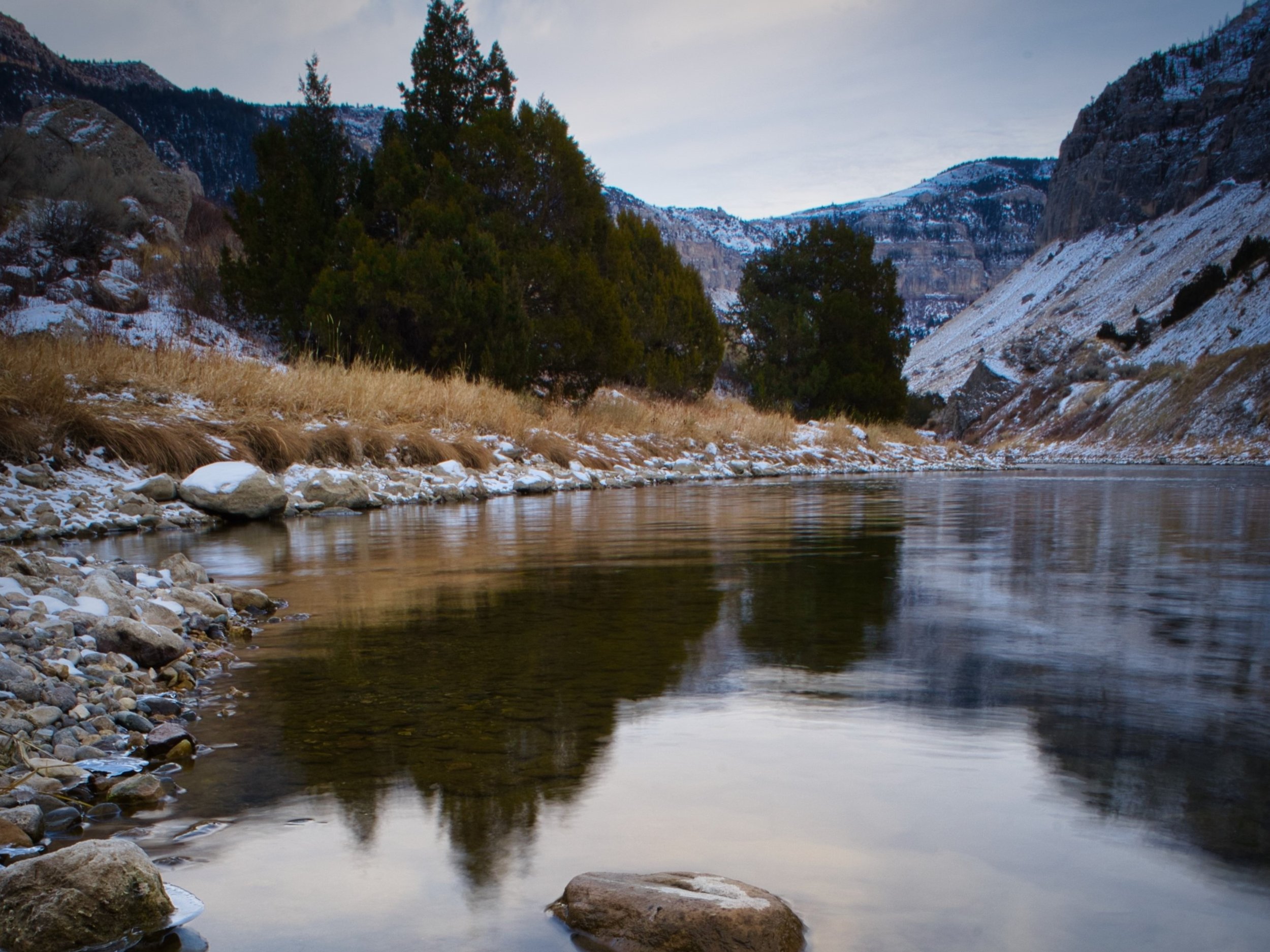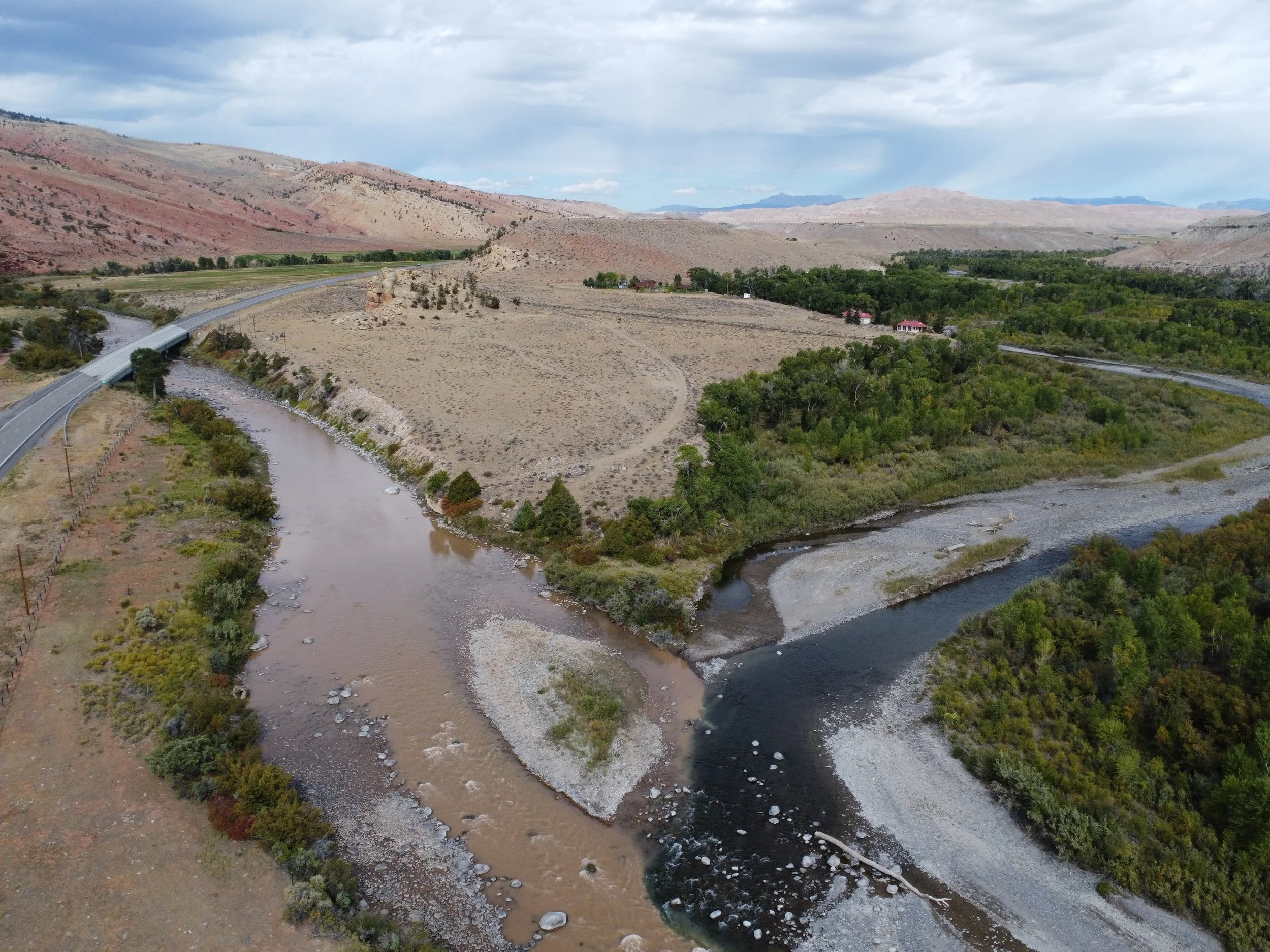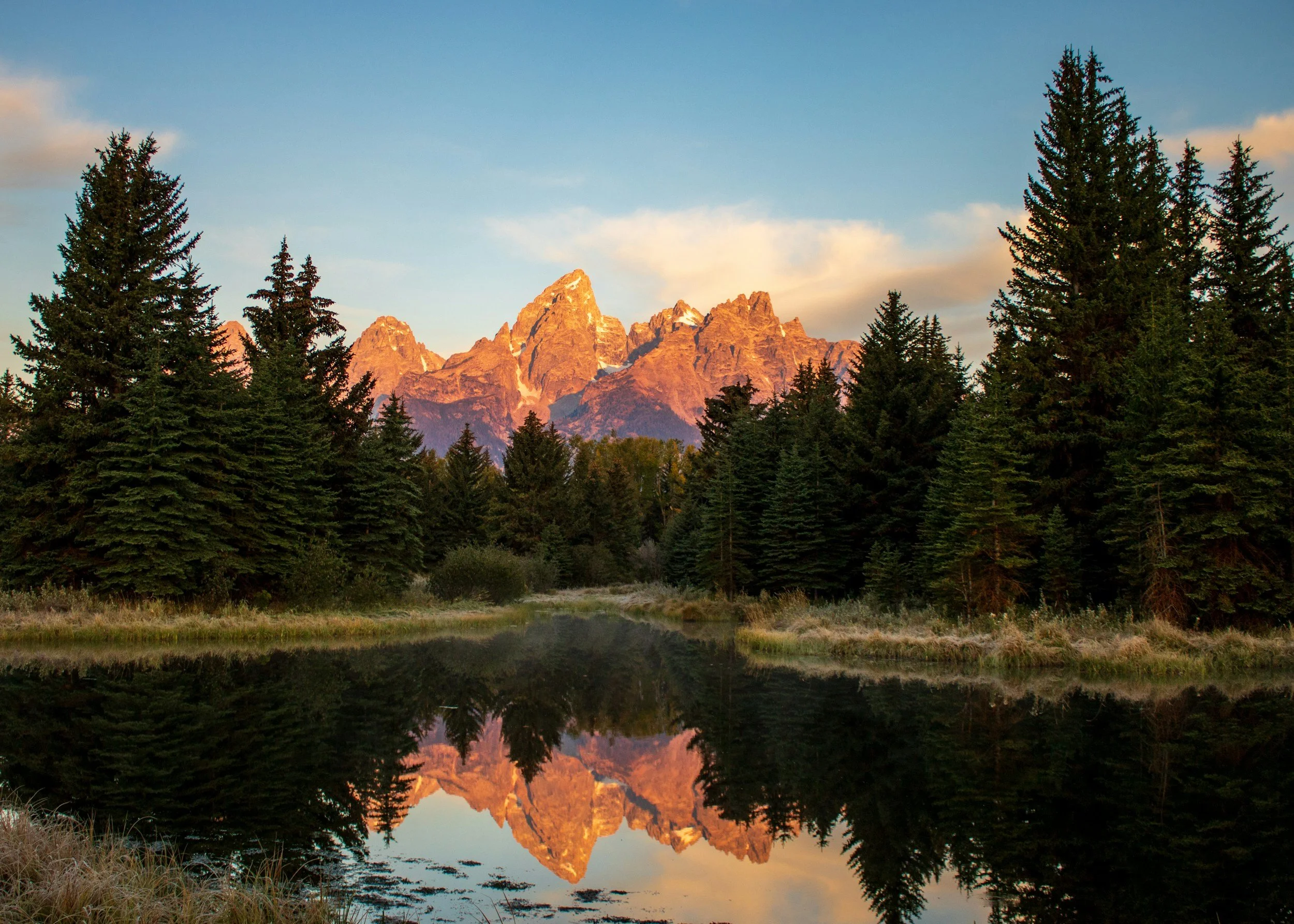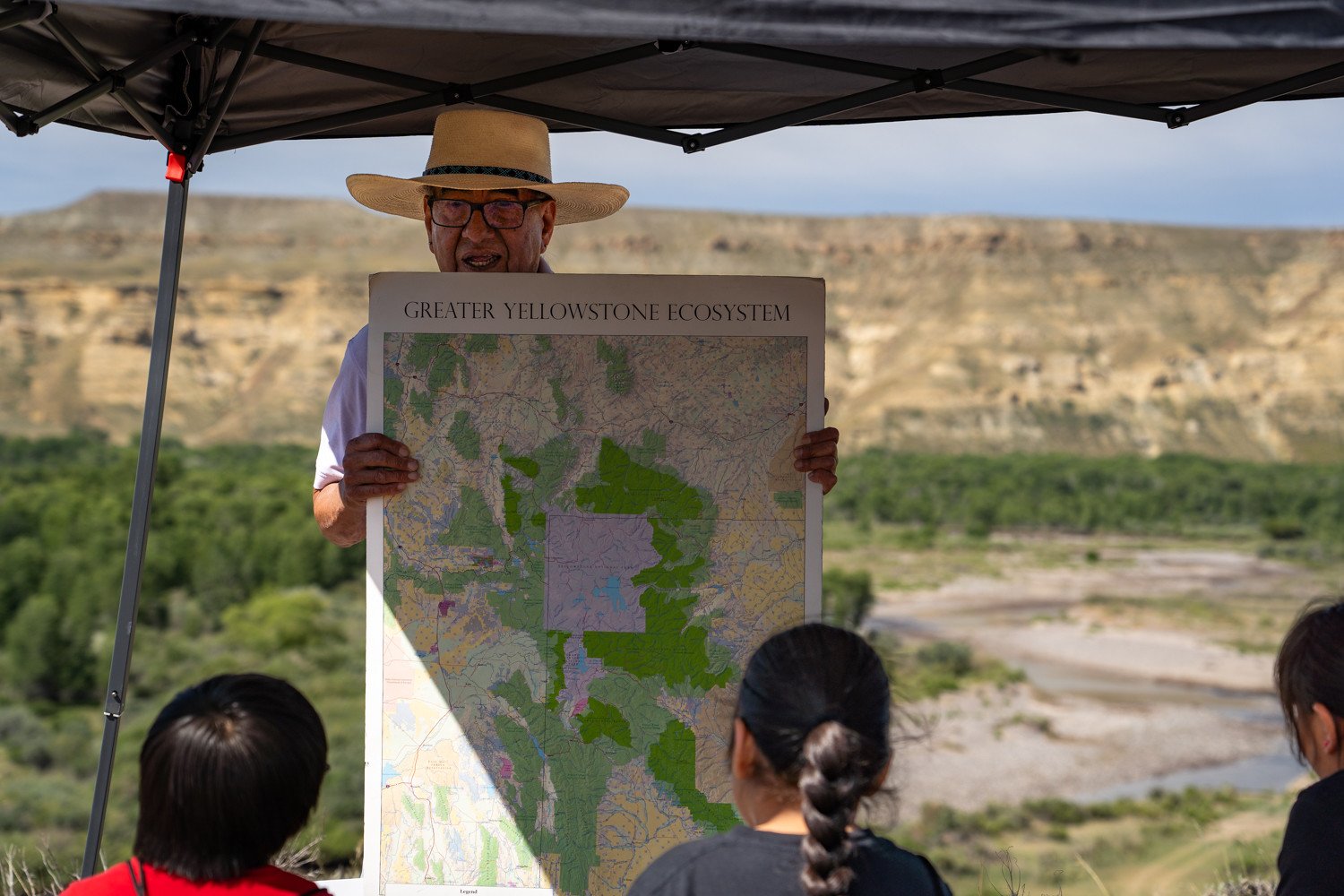
Where Tradition and Innovation Meet
Supporting Indigenous Conservation Priorities
Indigenous people have stewarded Greater Yellowstone’s lands, waters, and wildlife since time immemorial. The exclusion of Native voices and perspectives within the Western conservation movement has caused harm to Indigenous communities and the ecosystem alike. Today, the Greater Yellowstone Coalition is working with Tribal partners to elevate Indigenous voices and protect the cultural, spiritual, and ecological integrity of Greater Yellowstone.
